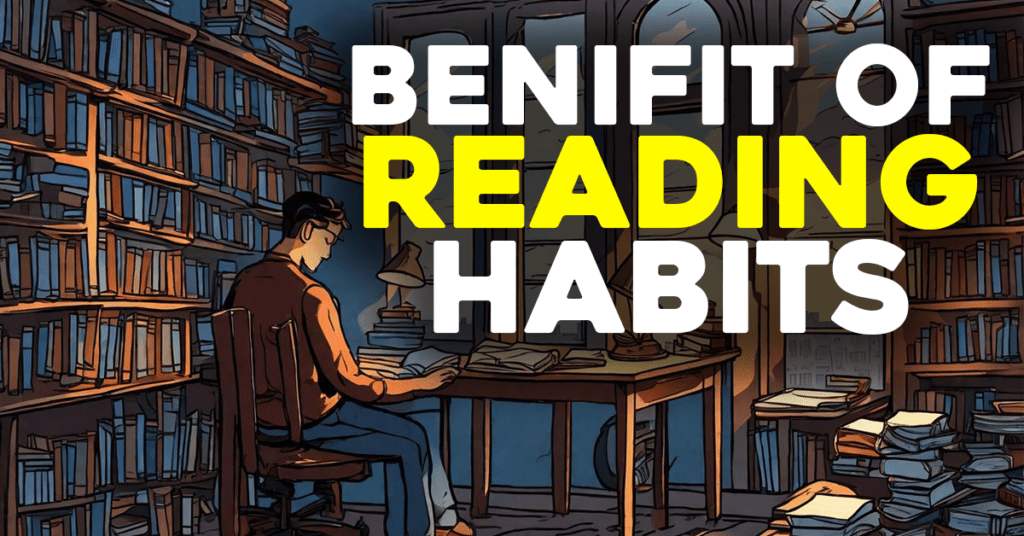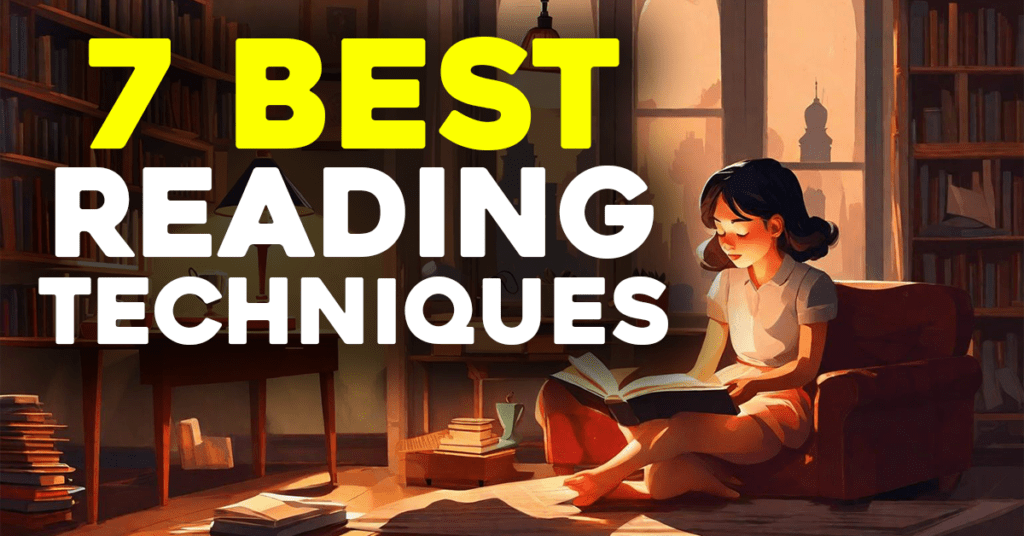Introduction
The world of books is vast and filled with endless knowledge, stories, and insights waiting to be discovered. However, in our fast-paced society, the joy and benefits of reading can often be overlooked. That’s where reading journals come into play, acting as a bridge between the readers and the vast universe of words, bringing a whole new level of depth to the reading experience. In this friendly guide, we will explore how reading journals can truly transform how we engage with books and how you can start or refine your journaling practice.

The Essence of Reading Journals
What Are Reading Journals?
Definition and Purpose
Reading journals are personal spaces where readers record thoughts, reflections, and analyses on the books they’ve read. They serve not just as a record of reading habits and preferences but as a tool for deeper understanding and connection with the text.
Brief History
The practice of keeping a reading journal has been around for centuries, often seen in the personal notebooks of writers and thinkers who noted down their thoughts and feelings about the books they engaged with.
Types of Reading Journals
From beautifully bound notebooks to sleek digital apps, reading journals vary widely. Some are simple lists of books read, while others are elaborate collections of thoughts, quotes, and personal reflections.

Benefits of Keeping a Reading Journal
- Enhances comprehension and retention: Writing about what you read helps cement the information in your memory.
- Encourages self-reflection: Reflecting on what you read can provide insights into your own life and beliefs.
- Aids in tracking reading habits and progress: Over time, your reading journal can reveal patterns in your reading choices and preferences.
Analog vs. Digital Reading Journals
Overview of Analog Reading Journals
There’s something special about putting pen to paper. Analog journals offer a tangible, personal touch to your reading reflections.
Overview of Digital Reading Journals
Digital journals provide convenience, searchability, and the ability to add multimedia elements. Many apps and platforms are available to suit different styles.
Comparing and Contrasting the Two Formats
While analog journals offer a personal and tactile experience, digital journals are versatile and easily accessible. The best format is the one that suits your lifestyle and preferences.

Setting Up Your Reading Journal
Choosing Your Medium
- Physical notebooks are great for those who prefer handwriting and doodling.
- Digital platforms and apps offer flexibility and features like tagging and multimedia elements.
- Hybrid approaches combine the best of both worlds, allowing for a versatile journaling experience.
Organizing Your Thoughts
- Structuring entries for fiction: Focus on plot, characters, and themes.
- Structuring entries for non-fiction: Note down key concepts, arguments, and your reflections.
- Creative structuring: Don’t be afraid to mix visuals, quotes, and reflections for a more engaging journal.
Personalizing Your Journal
- Selecting themes and aesthetics: Make your journal uniquely yours by choosing a theme or aesthetic that inspires you.
- Incorporating trackers and indexes: Keep track of your reading habits, moods, and favorites with customized trackers.
- Making space for lists and goals: Use your journal to set reading goals and create lists of books to explore.
Techniques for Effective Journaling
Active Reading Strategies
- Annotating texts: Mark key passages and jot down initial thoughts in the margins.
- Question-asking techniques: Pose questions to deepen your engagement with the text.
- Summarizing key points: Writing summaries can help consolidate your understanding.
Reflective Writing Practices
- Writing thought-provoking reflections: Dig deeper into how the text relates to personal experiences or the world.
- Detailing emotional responses: Note how the book made you feel and why.
- Connecting personal experiences: Reflect on connections between the book and your life or other readings.
Consistency and Habit Building
- Setting realistic goals: Choose achievable reading and journaling goals.
- Establishing a routine: Find a journaling rhythm that fits into your daily life.
- Overcoming common obstacles: Identify barriers to consistent journaling and find ways to address them.

Beyond the Basics: Advanced Journaling Concepts
Thematic Exploration: Reading Journals
- Creating thematic journals: Focus a journal on a specific theme, genre, or author.
- Exploring genres and authors: Use your journal to dive deep into new genres and discover new authors.
- Comparative analysis: Discuss how different texts approach the same themes or topics.
Interactive Elements: Reading Journals
- Integrating multimedia elements: Add photos, drawings, or online content to enrich your journal.
- Social sharing and book clubs: Share insights from your journal with friends or book club members.
- Linking to additional resources: Include links to author interviews, relevant articles, or related books.
Creative Outlets: Reading Journals
- Combining art and journaling: Incorporate sketches, paintings, or collage into your journal entries.
- Writing prompts and exercises: Use prompts to explore the books you read in new and creative ways.
- Exploring different narrative perspectives: Write from the perspective of a character or imagine alternative endings.
Insights from Veteran Journalers
Case Studies: Reading Journals
- Success stories: Learn from the experiences of others who have found joy and growth through reading journaling.
- Varied approaches to reading journaling: Discover the diverse ways people approach and structure their reading journals.
Expert Tips and Techniques: Reading Journals
- Advice from seasoned journalers: Gain insights into making the most of your reading journal.
- Recommended tools and resources: Explore recommended notebooks, apps, and other tools for journaling.
- Common mistakes to avoid: Learn what pitfalls to steer clear of in your journaling journey.
Future of Reading Journals: Reading Journals
- Trends and innovations: Stay abreast of the latest developments in reading journaling.
- The role of technology: Understand how technological advancements are shaping the future of journaling.
- Community and social aspects: Explore how reading journals can connect you with a wider community of readers.

Conclusion of Reading Journals
Absolutely, reading journals serve as much more than mere logs of the books we’ve read; they are windows into our personal literary odysseys. They encourage us to pause, reflect, and engage more deeply with the texts that captivate us. Whether you’re embarking on your first foray into journaling or seeking to enrich your existing practice, now is the perfect time to embrace the joys of keeping a reading journal.
Your reading journal is not just a repository of titles and authors; it’s a canvas upon which you can explore your thoughts, feelings, and connections to the stories you encounter. It serves as your guide, helping you navigate the vast expanse of literature and discover new treasures along the way. From jotting down favorite quotes to pondering character motivations or themes, your journal becomes a cherished companion on your literary journey.
So, let your reading journal be your map, your companion, and your treasure chest in the boundless universe of reading. Dive in with curiosity and enthusiasm, knowing that each entry is a testament to your unique relationship with the written word. Whether you’re scribbling notes in the margins of a beloved novel or crafting thoughtful reflections on a thought-provoking essay, your reading journal is a space where your love for literature can truly flourish.
FAQs
Q: How do I start a reading journal if I’m not a regular reader?
Starting a reading journal can actually motivate you to read more. Begin with books that genuinely interest you, regardless of their genre or length, and let your curiosity guide you.
Q: Can reading journals improve my writing skills?
Absolutely! Reflecting on what you read and organizing your thoughts on paper can significantly enhance your clarity of thought, vocabulary, and overall writing skills.
Q: Should I keep separate journals for different types of reading material?
This depends on your personal preference. Some find it useful to have separate journals for fiction, non-fiction, or professional reading, while others prefer a single, consolidated journal.
Q: How much time should I dedicate to maintaining my reading journal?
There’s no one-size-fits-all answer, but even a few minutes a day can be beneficial. The key is consistency and finding joy in the process.
Q: Are there any recommended apps or tools for digital reading journals?
Yes, there are many apps designed for reading journals, such as Goodreads for tracking and sharing your reading list, or more generic note-taking apps like Evernote and Notion that can be customized for journaling.
Check Out The Sources
Check Out More



